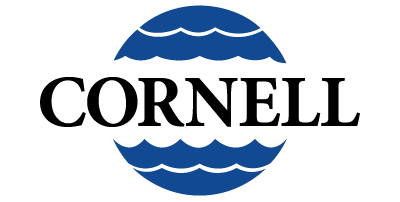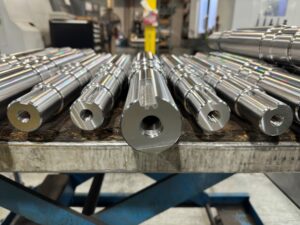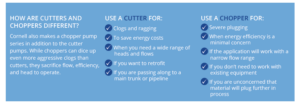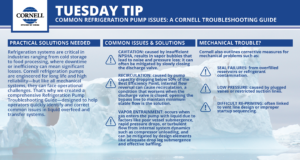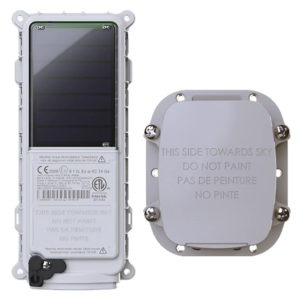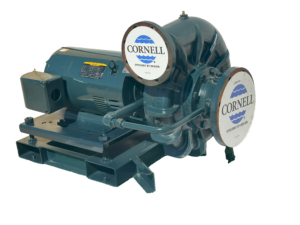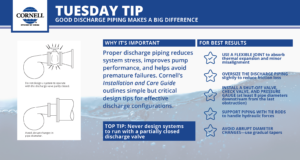Pumpline Blog
Stay up-to-date with the latest from Cornell.
Importance of Using Parts Kits for Pump Maintenance and Repair
When it comes to pump maintenance, speed, accuracy, and reliability...
Read MoreCelebrate National French Fry Day — July 13
Where Every Golden Fry Meets Cornell engineering.
Read MoreCutters vs. Choppers: Choosing the Right Impeller for Modern Wastewater Challenges
As wastewater compositions evolve—with flushable wipes, fibrous materials, and grease-laden...
Read MoreThe Crucial Role of Metallurgy in Mining: Combatting Wear and Corrosion
In the world of mining, few factors impact equipment performance...
Read MoreSolving the Most Common Refrigeration Pump Issues: A Cornell Troubleshooting Guide
Practical Solutions for Liquid Overfeed and Transfer Pump Applications
Read MoreThe RPM2™ Seeker Provides Satellite Tracking for Critical Assets
In industries like construction, mining, oil and gas, and agriculture,...
Read MoreCornell Pump Holiday Closure – Independence Day
In observance of Independence Day, Cornell Pump will be closed...
Read MoreIntroducing the FlexiBase™: Faster Installs, Smarter Support for Agricultural Pumps
When it comes to agricultural pumping systems, speed and ease...
Read MoreTuesday Tip: Good Discharge Piping Makes a Big Difference
Recently, we shared best practices for suction piping. This week,...
Read MoreKEEP UP WITH THE LATEST NEWS
Subscribe today to keep up with all of Cornell Pump's news.
